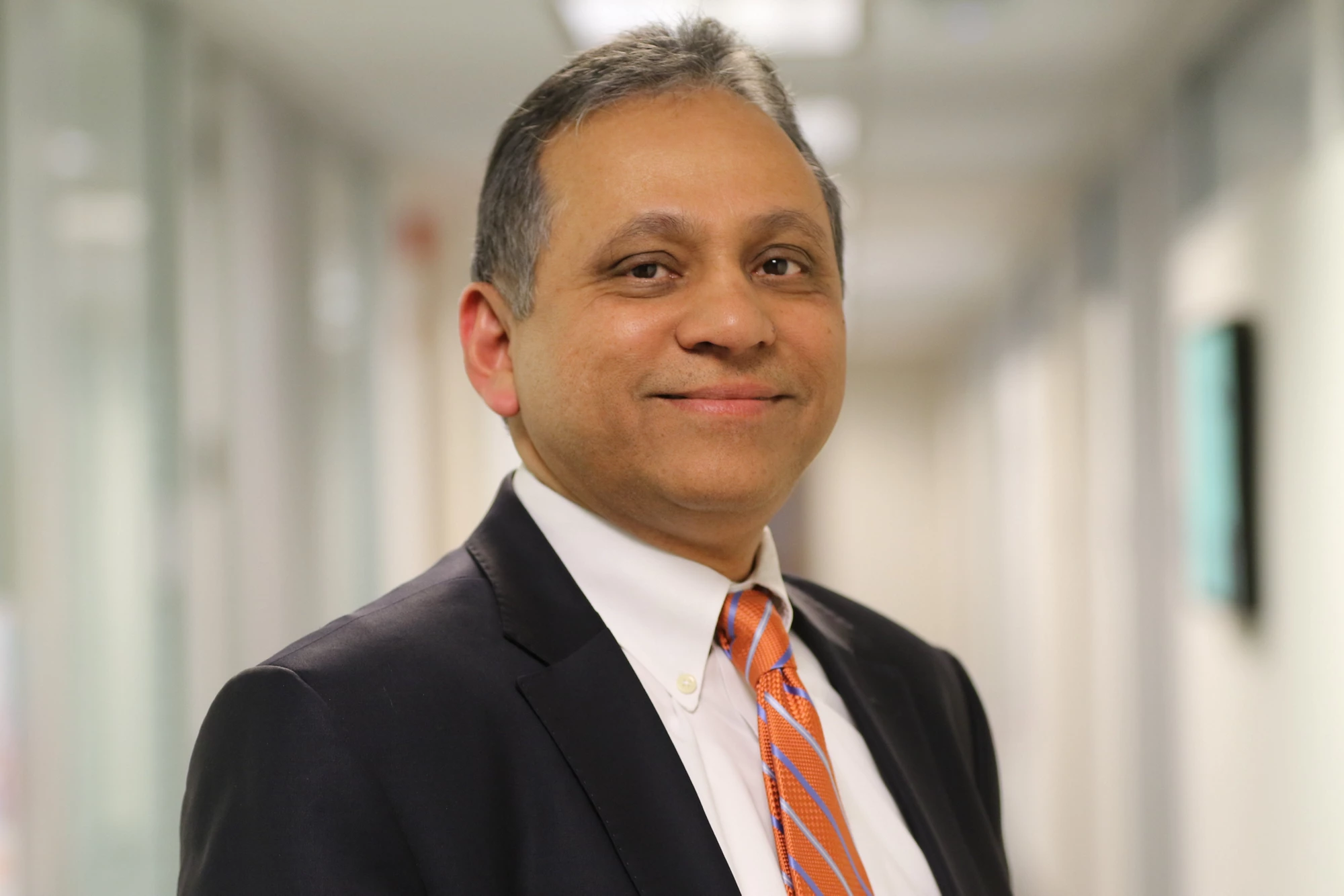
It is likely that my friend's sickness would be cured. But it is unlikely that the man of the family would be able to work as before. The likely scenario is that the family would have another man -- "old man!" -- to care for, while its only asset remains mortgaged to an informal money lender. It is also very likely that the family would default on the loan and lose the land. And the circle of poverty would perpetuate, yet again, for another family.
Such family sicknesses can be considered a rare event within a window of, say, 5 years. One may be tempted to treat this as a low probability high-impact event. But when considered over a 15-20 year time span, such an event is a high-probability and high-impact event. A group health insurance scheme could be highly effective in addressing this problem. Considering the large number of households/people and their dispersion over a vast geographical area and age groups should make it easy to design a financially sustainable health insurance program in that part of India (Orissa and Chhattisgarh, or more broadly the BIMARU states).
Upon inquiry, I am told India has many health insurance programs for the poor. And yet almost no one in Sindhekela, my village, is aware of, let alone enrolled in, any health insurance programs. Even educated people (say teachers or doctors or pharmacists) are skeptical about the usefulness of insurance programs: does the insurer actually pay if one does fall sick some day? In that part of the world, even retirees from government services have to pay bribes to collect pension benefits. What percentage does one have to surrender to corrupt officials to collect medical insurance claims?
Micro health insurance can truly break this circle of poverty. But governance of such schemes needs to be improved to earn people’s trust.
For poor families that receive remittances, I can imagine a scheme whereby remittance receipts are linked to paying the premia for health insurance. If such a scheme existed, I would buy one. For my friend who has fallen sick.


Join the Conversation